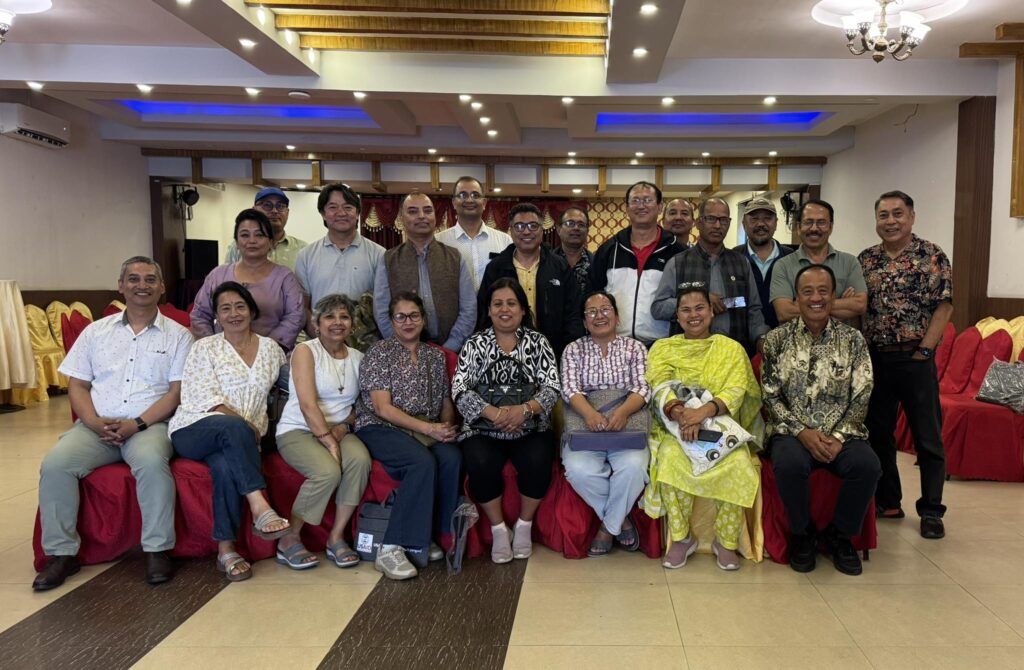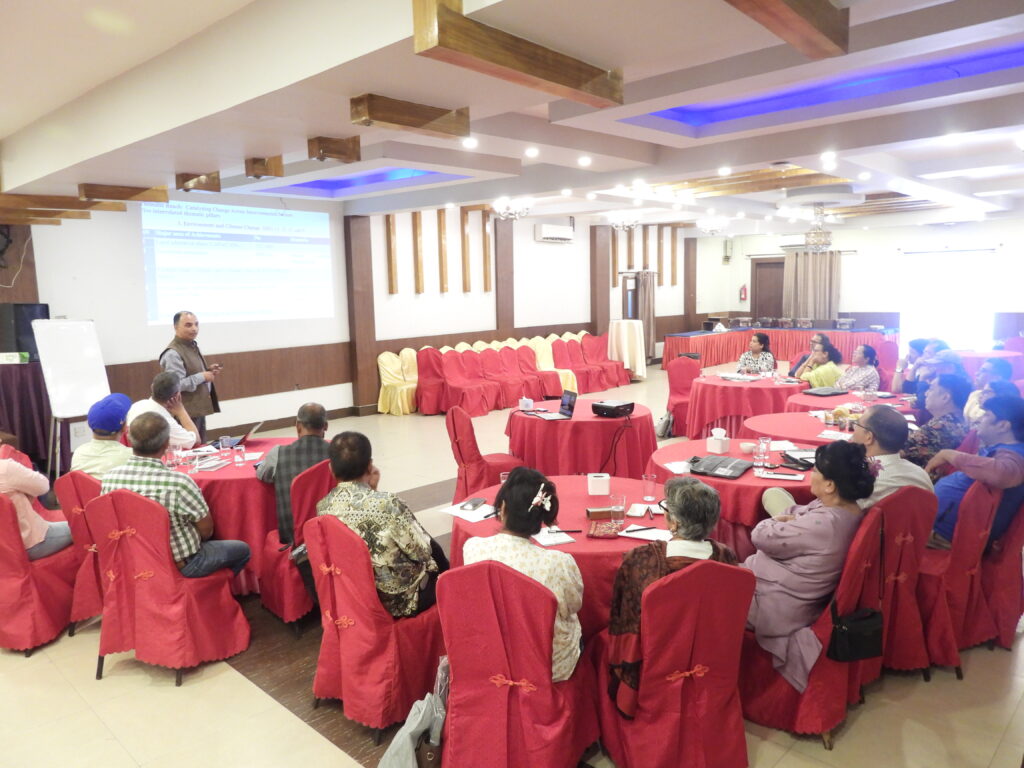Rupantaran Nepal in consortium with partners International Development Enterprise (Prime) and Resource Identification and Management Society (RIMS) Nepal is implementing USAID funded five year project entitled “Initiative for Climate Change Adaptation (ICCA)”. The project utilizes experience and learning from past initiatives of the partners and works with communities to develop interventions that improve the ability of individuals and groups for adapting to climate change.
Rupantaran is responsible for technical support in capacity building, social inclusion, governance and coordination for climate change adaptation in forestry sector. In addition, it is implementing the ICCA in 6 districts (Rupandehi, Kapilvastu, Kaski, Dang, Parbat and Nawalparasi districts) out of 8 districts (including Syangja and Rolpa) in western and mid-west development region of Nepal.
The overall goal of the project is to increase resilience of poor and vulnerable communities to adapt to and mitigate the adverse impacts of climate change in Nepal.
Objectives
- To strengthen institutions and mechanisms to facilitate effective governance for climate change adaptation, resource mobilization and mainstreaming development planning linking forestry and agricultural development initiatives
- To enhance communities’ capacities to respond to the adverse impacts of climate change and harness opportunities
- To diversify and improve livelihood and resilience of poor and vulnerable communities through sustainable income generation, skills and enterprise development
- To identify and facilitate suitable adaptation interventions, innovations and technologies.
Project outputs
- Climate change adaptation mainstreamed into existing institutions with functional institutional mechanism and good governance on climate change
- Communities’ knowledge and capacities enhanced with minimum climate change impacts on their livelihoods.
- Sustainable income generation and enterprise options increased thereby improving the livelihoodof poor and vulnerable communities
- Adaptation practices/innovations/technologies promoted and adopted initially in project model pockets and then extended GON and other climate adaptation programs.
The target population of the project includes smallholders, poor and vulnerable households and communities that include women, children, and ethnic groups living in fragile and vulnerable areas of Nepal suffering from climate change impacts, acute food shortage and poverty. The project will directly benefit 20,000 HHs (over 100,000 individuals), of which 10,000 HHs will be involved in smallholder enterprises generating an average incremental income of US $100 per annum. It is expected to involve 50% women and 50% disadvantaged castes/ethnic groups among the beneficiaries.



